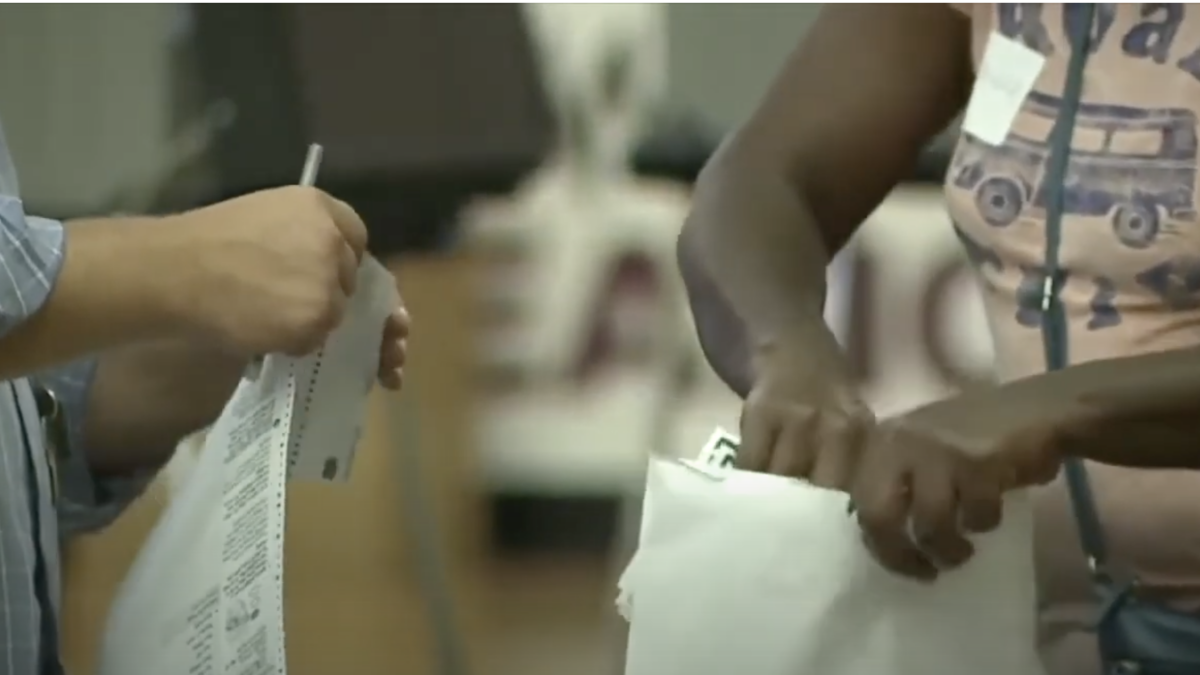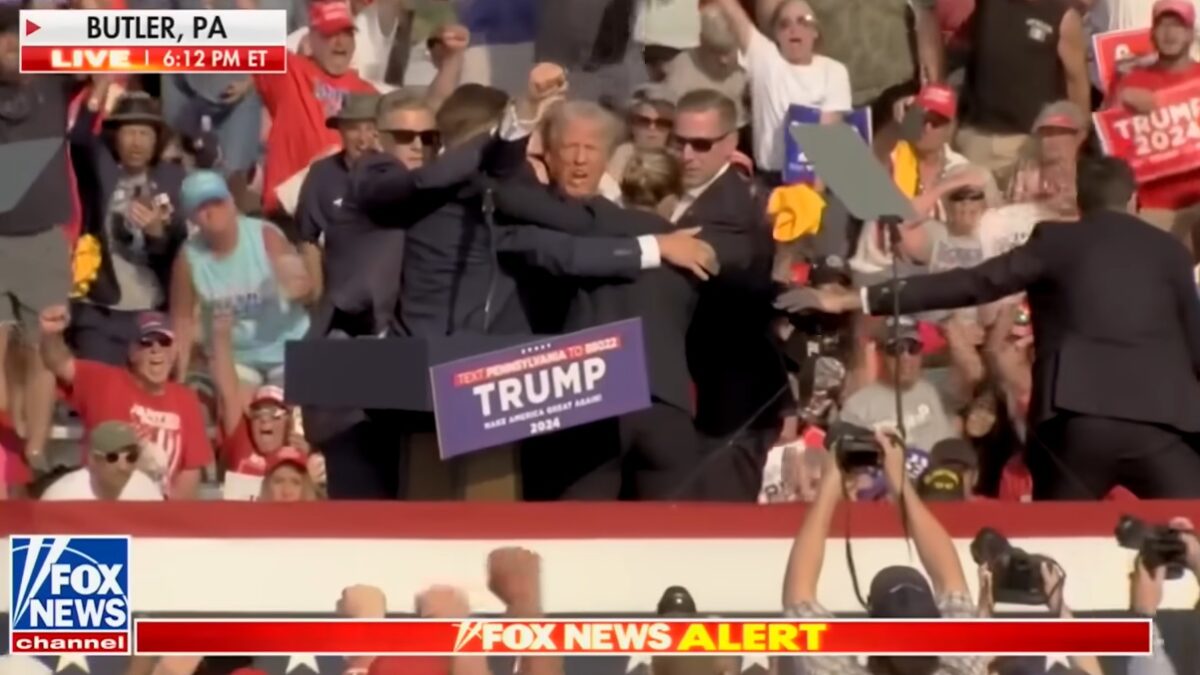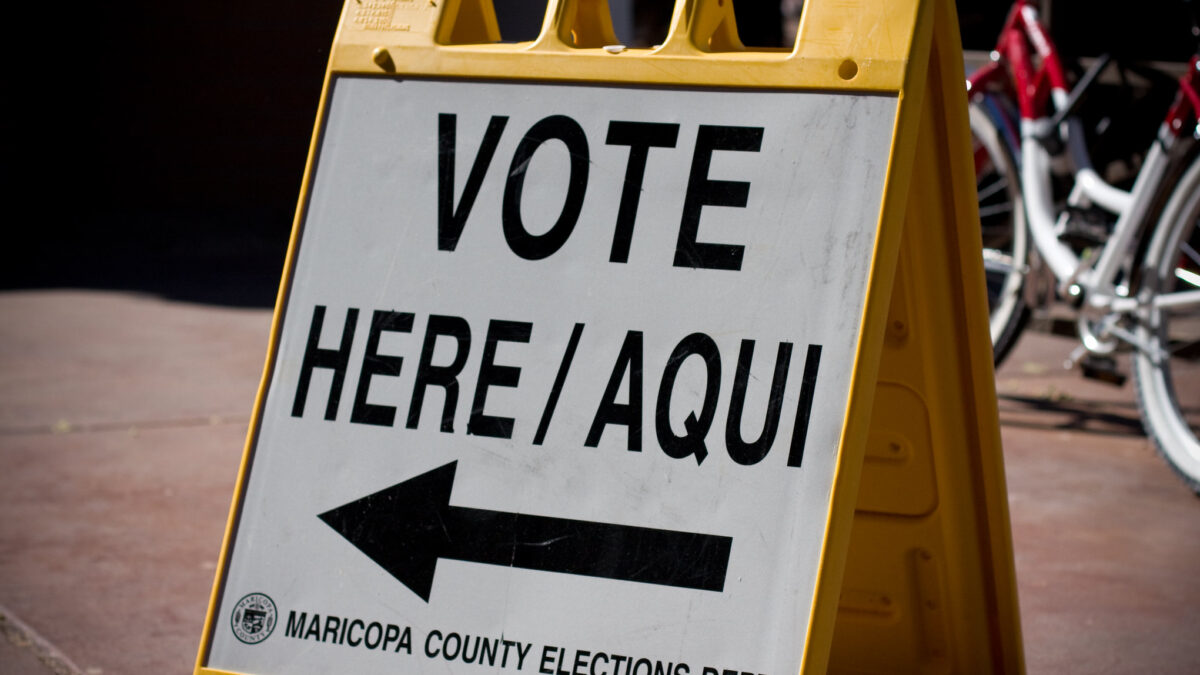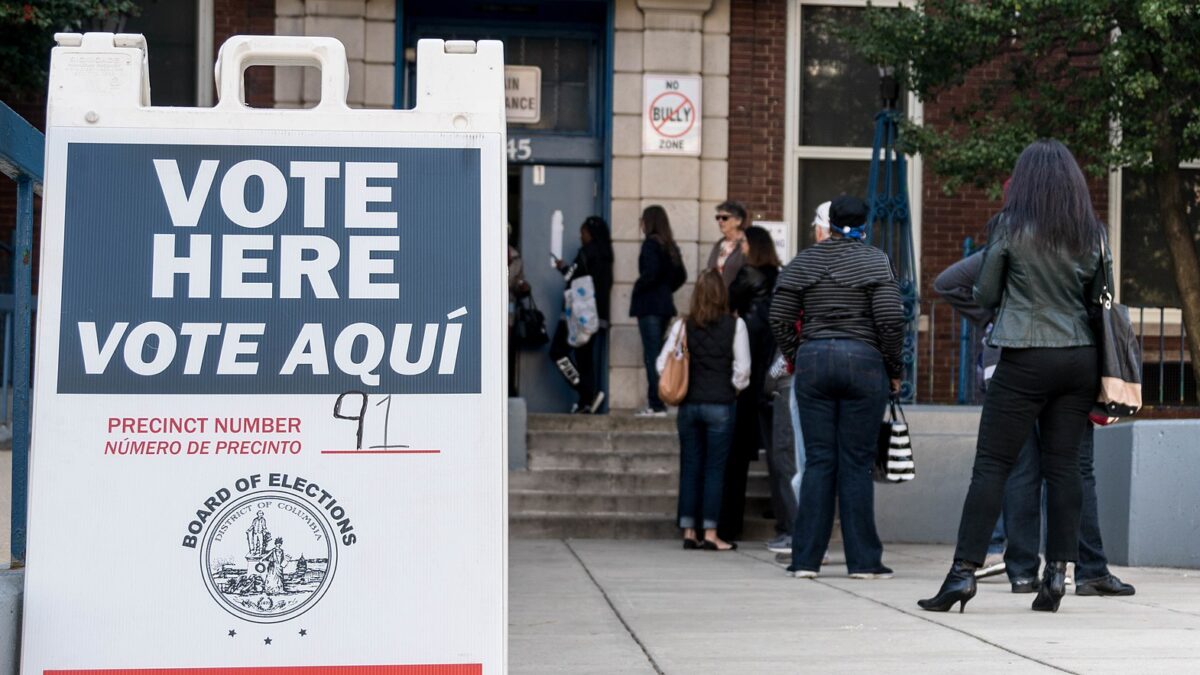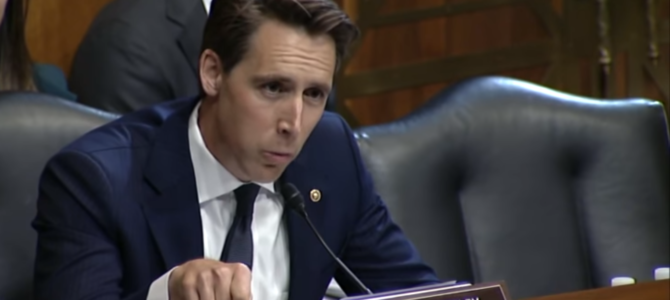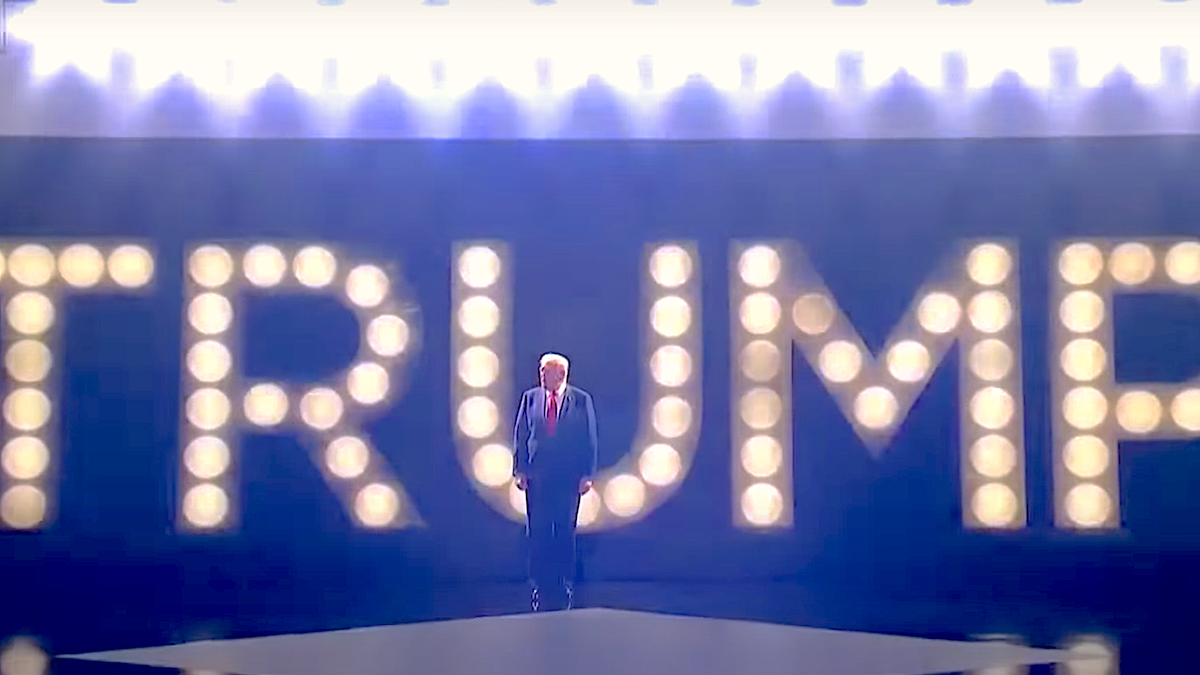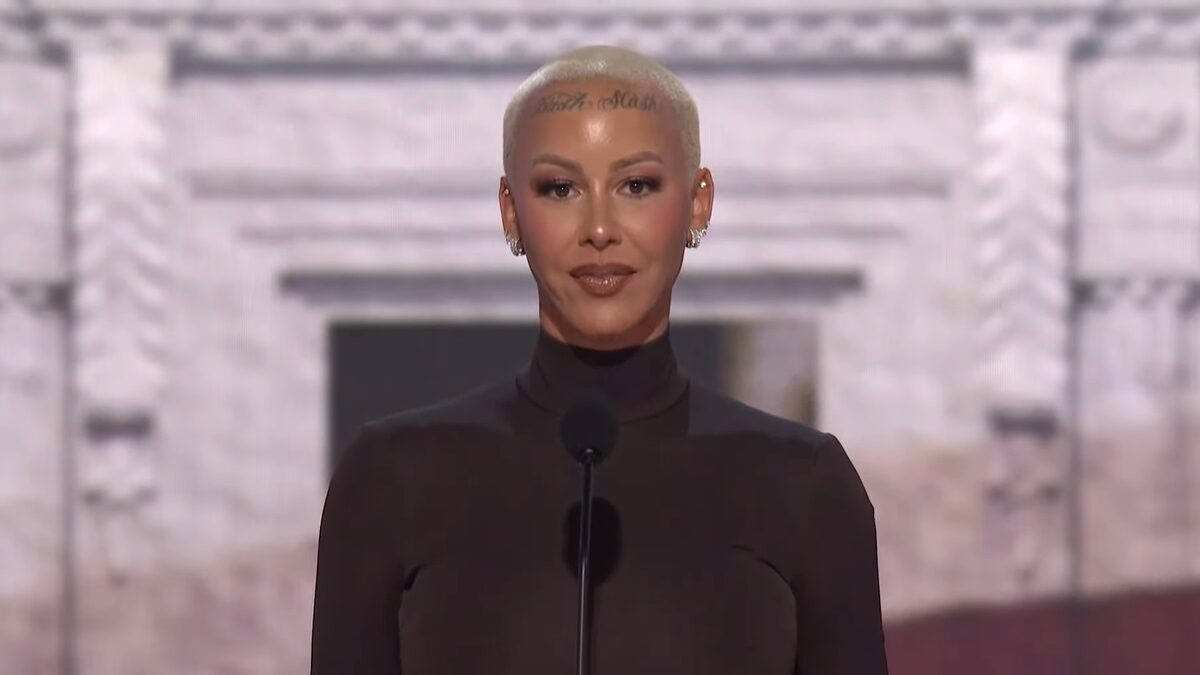Attorneys for a Marinette County man who is suing the Wisconsin Elections Commission in an election fraud lawsuit are now asking the judge in the case to hold the commission in contempt of court for violating a restraining order.
Kevin Scott, attorney for Thomas Oldenburg, tells The Federalist that a hearing on the request for “remedial sanctions” could be held as soon as July 10. Meanwhile, Scott says WEC is dodging Marinette County Circuit Court Judge James Morrison’s temporary restraining order by “parsimoniously” interpreting the temporary injunction and essentially working out a plan to get around it.
Such alleged defiance speaks to a rogue state elections commission that is led by a controversial administrator who refuses to leave her post after she was effectively fired by the state Senate. The agency also has on multiple occasions violated state law.
“Here we have WEC acting in contempt of an order already in place,” Scott said. “The fact that voters and clerks are in this situation right now is due to WEC’s malfeasance.”
‘Inducement to Commit Voter Fraud’
As The Federalist first reported last month, Judge Morrison issued the temporary restraining order, enjoining WEC from requiring that Wisconsin’s approximately 1,900 local election clerks use suspect absentee ballot envelopes while the court deliberates on the merits of the lawsuit against them.
The complaint alleges that in approving new ballot envelopes recommended by WEC staff, the commission violated Wisconsin election law. If used, the envelopes “would cause voters to falsely certify that the ballot envelope itself is an original or a copy of the ballot request generated through MyVote when it is not in any way.” MyVote is an online portal for voters to request absentee ballots.
“By forcing people to falsely certify that the return envelope itself is a copy of a completely different document, WEC created a situation where people who requested absentee ballots through MyVote were either committing election fraud by making a false statement in conjunction with voting a ballot, or were forced to not vote absentee — a Hobson’s choice,” Scott told me in May.
As the complaint states:
… WEC has approved the use of new absentee ballot return envelopes that exacerbate and foment election fraud — as defined by Wisconsin Statutes — by coercing a voter returning an absentee ballot requested through MyVote to falsely certify that the envelope itself is a ‘copy’ of the absentee ballot request. The new WEC envelope is not a replacement for a signed copy of the ballot request to be included ‘in the envelope’ in which the ballot is returned as required by section 6.87(4). The new envelope is an inducement to commit voter fraud.
It would appear the six feckless commissioners — three Democrats and three Republicans — again took questionable advice from the agency attorneys.
A Snag
In issuing the temporary restraining order, the judge said the plaintiff was likely to succeed in his lawsuit.
Earlier this year, a different voter challenged the commission’s legal authority to operate MyVote. WEC argued that all requests made through the website are “email” requests and therefore allowable.
But that created a snag: If an applicant requests an absentee ballot by email, Wisconsin statutes require the elector to include “in the envelope” a copy of the “request” for the ballot “bearing an original signature.” But WEC didn’t indicate that to voters, the lawsuit alleges.
In the meantime, WEC created new, color-coded absentee ballot return envelopes designated as “Forms EL-122.” These forms required applicants to certify that they requested the ballot and that the EL-122 is “an original or a copy of” the “request.” The lawsuit contends doing so puts in legal peril hundreds of thousands of electors who prefer voting by absentee ballot.
‘Doubled Down’
Oldenburg’s motion for remedial sanctions alleges the commission engaged in a “multi-prong attack on this Court’s authority, and in the process has created the exact situation the Plaintiff, and the Court, sought to avoid.”
The judge had scheduled a hearing for June 5 on the lawsuit’s merits. But the leftist intervenors in the case — the League of Women Voters and Disability Rights Wisconsin — filed a request to replace Morrison with a potentially friendlier judge in left-friendly Dane County Circuit Court, Scott said.
Scott told The Federalist that the move, which bumped the June 5 hearing from the calendar, provided WEC with “fortuitous timing.” At its June 10 meeting, the commission took several actions that Scott says “amount to contempt of court.” The court filing alleges the commission “parsimoniously interpreted the Order in the most narrow context possible.” Commissioners “decided that as long as it didn’t overtly state to any clerk (or voter) that they were required to use the EL-122, WEC was complying with its terms.”
“However, a litigant is not afforded the opportunity to ‘reinterpret’ a court order to suit its needs and simply go forward with its original planned course of action, as WEC decided to do,” Oldenburg’s court filing asserts.
Records also show that the commission on the same day promulgated “Emergency Rule EL 6.05,” which required election administrations to send absentee voters instructions directing them to sign the “Certification of Voter section,” despite its problems. The rule was originally drafted last September, with far-left Gov. Tony Evers signing off on the language in April.
“The ‘emergency rule’ was not presented — as required by statute — to the Legislature’s Joint Committee on Rules Regulations until after the June 10, 2024 public meeting. The ‘emergency rule’ was not noticed for discussion at the June 10, 2024 meeting,” the sanction motion states.
WEC, the document charges, “has taken no steps whatsoever to give clerks an alternative to using the EL-122 in any upcoming election.” Instead, the commission is “emphatically telling clerks that there is nothing wrong with using the document.”
“In other words, WEC has created a situation where clerks are required to use the EL-122, in direct violation of the Order’s prohibition, because WEC has both failed to provide another option, and, as an agency delegated enforcement power over violations of election law, has basically said to clerks ‘we have your back,’” the motion asserts. “But that means nothing to a voter or clerk who is either uncomfortable making a false statement in order to vote, or encouraging others to do so. It also means nothing to the District Attorneys of the state, who owe no deference to WEC.”
A Wisconsin Elections Commission spokesman said the agency has no comment at this time.
‘Completely Partisan Manner’
Oldenburg’s attorneys are asking the court to impose several sanctions, including ordering the commission to “immediately convene a meeting” to “explicitly overturn its previously-adopted requirement that the clerks of the state use the EL-122 in its current form” and issue a new emergency rule cleaning up the alleged violations of law. The motion also seeks a penalty of up to $2,000 for each day WEC remains in contempt of court. And the plaintiff wants the court to “appoint a special master to oversee all of WEC’s actions relating to its administration of elections in this state through November 7, 2024,” two days after Election Day.
Scott said he was surprised that an elections commission with three lawyers on it and election law experts advising it didn’t raise a single question about whether WEC should comply with the essence and sprit of the order.
“They seemed to be acting in a completely partisan manner,” the attorney said.
